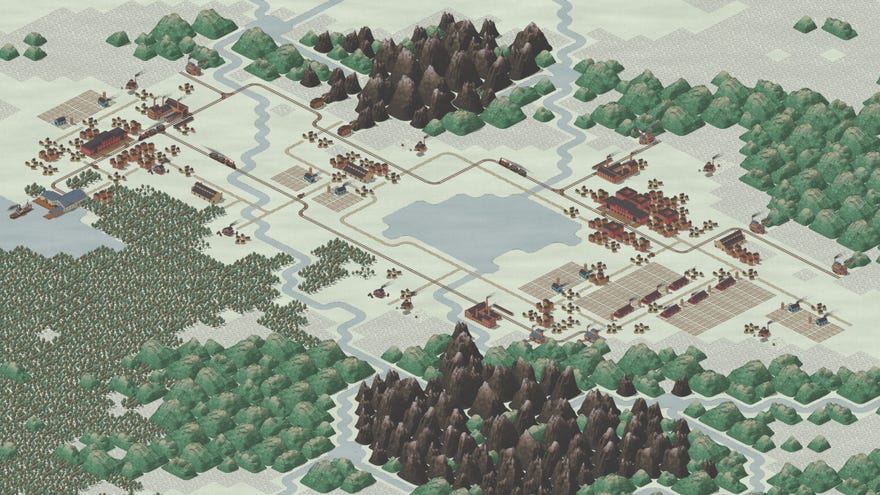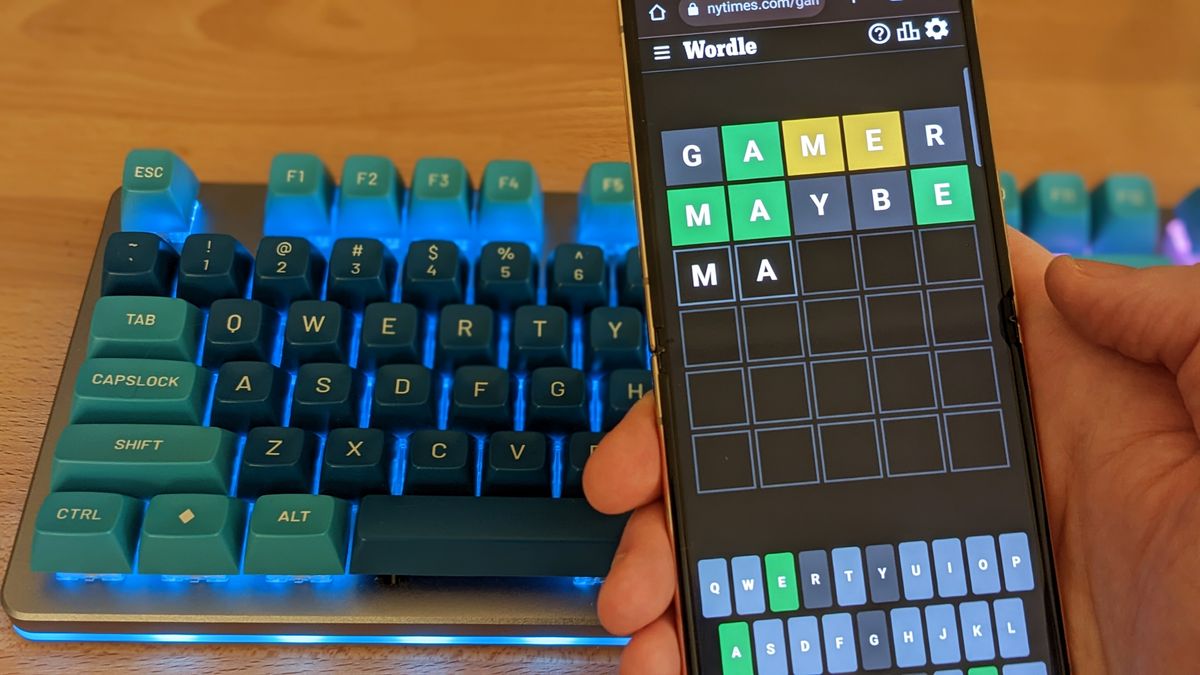Times Of Progress is a special game for me, because it's the first news tip I have ever received from Sin Vega, Prime Minister of Strategy Gaming. Sin once described writing news articles for our former news editor Alice0 (RPS in peace) as like practising backflips in front of the kung fu master. Writing about a new city builder at Sin's suggestion is like being invited to budget the development of Londinium by Julius Caesar.
The terror of screwing it up - together with other, more trivial distractions, like international games industry conferences - has stopped me from writing about Times Of Progress for months. Today I bite the bullet, and emerge from my lodgings to issue a hesitant speech to the masses, hoping like hell that Caesar is too preoccupied with the latest Gaul uprising to notice my errors.
For starters, that introductory analogy is from the wrong millennium. Times Of Progress is set during the Industrial Revolution - the dawn of steam engines, trade unions and high-density urban housing. The first thing that grabs you about it is the presentation and aesthetic. We are in procedurally generated Isometric Land, with roads and railways binding together diamond-shaped town layouts. The buildings, terrain types and overall colour scheme are pleasantly clean - pale earth, red brick, green hill - but it isn't barren. There are some engrossing animated flourishes such as smoke plumes, and the way houses slowly fatten up into more complex dwellings.
Nonetheless, you might be tempted to call Times Of Progress "minimalist". It definitely seems more condensed than a lot of city-builders, but there are systems aplenty, including a few that spring more directly from the choice of period.
Take scientific innovations and new technologies, such as typewriters, water frames or electrolysis. You don't simply assign scientists to research them yourself. Rather, they unlock according to a timeline as part of the wider Industrial Revolution, which encompasses your city and all the other, AI-governed cities on the map. You then spend points earned by meeting certain goals (like achieving a certain food output) to import new technologies and get access to them faster. In general, trade appears to be a big deal in Times Of Progress. There isn't a military element, and seemingly no distinct "culture" layer either, so your interactions with other metropoli will be mostly mercantile.
There's also the question of labour politics. Workers in Times Of Progress may go on strike if a certain percentage in a certain place of work haven't been paid (in the form of food) for several weeks. You can meet their demands or implement a police crackdown. Workers may also unionise, once you pass the associated laws, making them more expensive but more efficient. Those with university educations may be more likely to strike.
I like the balance Times Of Progress seems to be striking between the joy of building a model trainset and a carefully considered degree of historical fiddliness. I suspect/hope that Sin will be along in the new year to write something more elaborate about the game. Please look kindly upon my fumbling early efforts, Sin! For the moment, you can read more about Times Of Progress on Steam. The developer Pressing Thumbs Games is a solo operator, based in Berlin, who uses the Rust programming language and the Bevy Engine. The studio's name apparently comes from the German equivalent for crossing your fingers to ensure good luck. Awww.

 3 days ago
3
3 days ago
3









 English (US) ·
English (US) ·